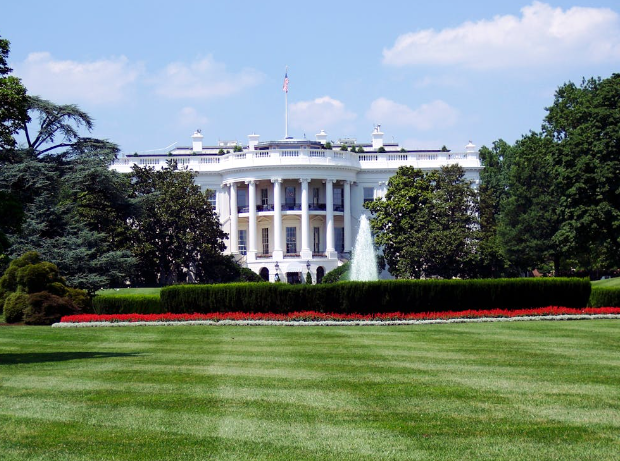This past week, we were lucky enough to take part in electing the 47th President of our country. Regardless of whether you’re happy or unhappy with the results, it’s important to hold a sense of gratitude that we have a say in the process. Electing our officials to represent us, the people, is a unique gift provided to us by our founding fathers.
Would you rather the process was easier? Join the club. I’d rather many things in my life were easier, from paying taxes to buying insurance, but some things are complicated for a reason. Easier is not always better.
There’s a reality we all must come to grips with. Democracy is messy.
We need to look no further to define this as fact than the election of 1800. Thomas Jefferson and Aaron Burr each had 73 electoral votes, both of them having defeated incumbent President John Adams. With Adams defeated, the contest between Jefferson and Burr needed to be decided. This fell to the House of Representatives, who (after 36 rounds of voting) were persuaded to agree on Jefferson as their choice.
The 36 rounds of voting were cast over a period of six days. Not exactly a quick and easy process and one which would undoubtedly be roundly criticized today. Although messy, the result was the twelfth amendment to the constitution, which is how the President and Vice President are still decided today.
Another example involved Abraham Lincoln, who rose to fame after his series of contentious debates with Stephen Douglas for the Illinois Senate seat in 1858. Lincoln became the face of the recently formed Republican party, which was founded largely to keep slavery out of the western territories of the United States. Lincoln lost the Senate race to Douglas but parlayed his popularity with the people to a presidential win in 1860.
In both of these cases, the rhetoric shared on both sides was ugly and partisan, with scare tactics employed in an attempt to win the vote and secure the highest office. Sound familiar? It should.
Social media has made it easier to divide us. You can open your phone and form an opinion on one side or the other in a matter of minutes. This is easier than reading a 10 page pamphlet that would’ve been printed and handed out in the 1800s, but the effect and purpose are the same.
Political messaging is designed to cause confusion and sow the seeds of doubt in what you either believe or know to be true. This doubt, over time, may lead to you shifting your opinion and ultimately pulling the lever in favor of one candidate over the other.
This is not new. The methods with which we ingest the information is new. The use of podcasts over legacy media this election cycle confirms a more recent shift in how America is choosing to gather the information needed to make an informed choice.
Regardless of how you voted or whether your chosen candidate won the election, our American experiment will continue to chug along. There will be bumps, disagreements and even shouting along the way, but that’s par for the course.
Democracy is definitely a messy business. It’s a continuous “clean up on aisle 9” situation. Just when you think you’ve taken care of the mess, a glass jar falls from the shelf creating a new spill in need of your attention.
My advice?
Get some towels, you’re gonna need ’em.
Sign up for our Sunday Spectator. Delivered to your inbox every Sunday, with all the news from the week.










